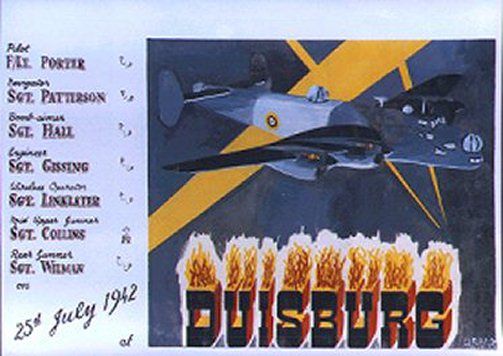 |
Whenever I went through a large city there was the rubble and debris
from the bombings. Food was poor and not very plentiful. For example if
you got a sandwich from the N.A.A.F.I. at the stations, the bread was
unpalatable and the meat fillings contained very little meat. The pubs had
quite restricted opening hours and there was no hard liquor, but you could
generally get beer. Whenever you wanted to go the cinema or take the tube,
train, etc. there were always lineups (queues) for everything. The people
were very orderly and no one tried to push ahead or get any advantage. The
women would queue up for hours to get their rations allotments at the
stores. |






